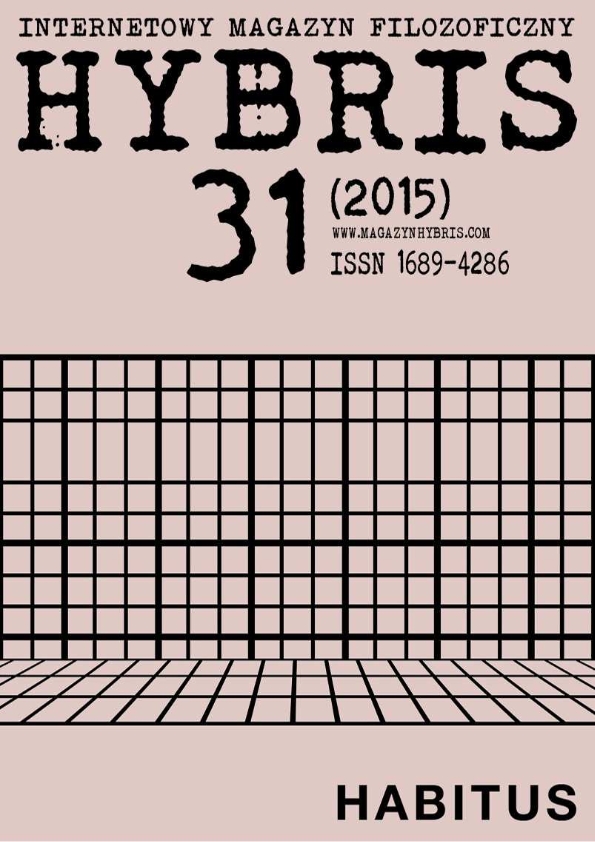SUMA WSZYSTKICH INSTYNKTÓW. HUME, NAWYK I NATURALIZACJA RELIGII
THE SUM OF ALL INSTINCTS. HUME, HABIT, AND NATURALIZATION OF RELIGION
Author(s): Tomasz SieczkowskiSubject(s): Metaphysics, Epistemology, Existentialism, Philosophy of Religion
Published by: Wydawnictwo Uniwersytetu Łódzkiego
Keywords: Hume; religion; habit; belief; naturalization;
Summary/Abstract: The paper aims to analyze the concept of habit in Hume and its operations in two theoretical dimensions: theory of knowledge and theory of religion. Hume considers habit as an instinctual basis for all judgments (beliefs) about the external world and also about the supposed existence of the supernatural. Hume’s thought, both in the domain of epistemology and philosophy of religion can thus be viewed as naturalized, claiming that the biological, instinctual traits of human nature are responsible for our beliefforming operations. Especially, Hume’s naturalization of religion seems to be ahead of its time and his methodological approach is now being developed by many leading anthropologists, biologists and philosophers.
Journal: Internetowy Magazyn Filozoficzny HYBRIS
- Issue Year: 2015
- Issue No: 31
- Page Range: 37-57
- Page Count: 21
- Language: Polish

